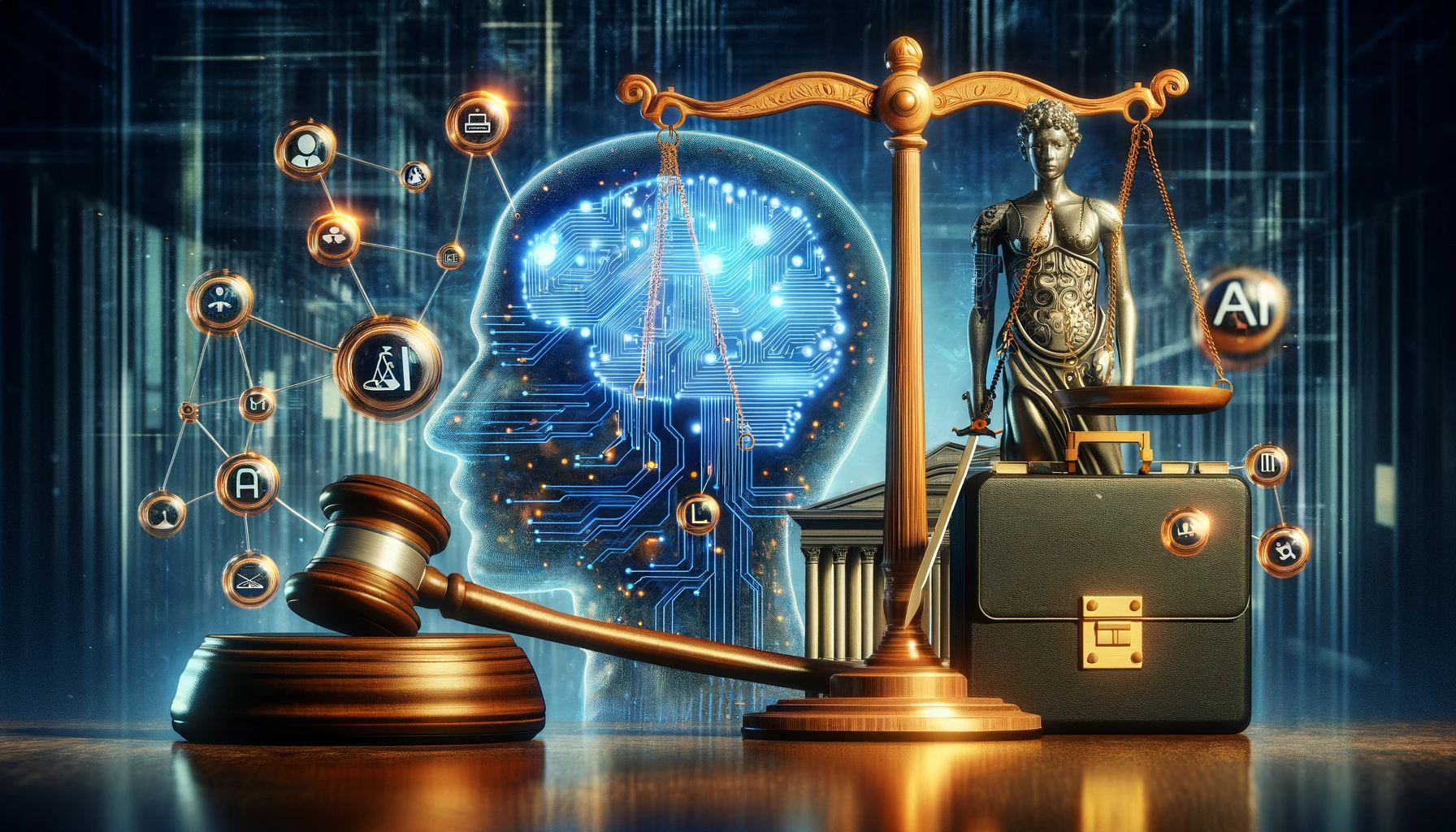Navigating the New Era of AI Regulation

Navigating the New Era of AI Regulation: Unravelling the EU AI Act and Its Implications for Businesses
Introduction
The European Union's recent unveiling of the AI Act marks a pivotal moment in the regulation of artificial intelligence technologies. This act, bearing a striking resemblance in its scope and potential impact to the General Data Protection Regulation (GDPR), signals a fresh chapter for both providers and users of AI services. In this post, we'll dissect the AI Act’s main elements, its implications for businesses, and draw parallels with GDPR to comprehend how compliance and credibility can be effectively showcased in this evolving landscape.
The EU AI Act: A Brief
The EU AI Act is a revolutionary legislative framework designed to govern the use of artificial intelligence across the European Union. Its primary objectives are to guarantee AI systems are safe, respect fundamental rights, and adhere to EU values. The act sorts AI systems into different risk levels, imposing strict regulations, particularly on high-risk AI applications. The aim is to cultivate an environment where AI is used responsibly and ethically.
Key Implications for AI Service Providers
- Risk Categorization: AI systems will be classified based on their potential impact, with high-risk systems facing more stringent controls.
- Compliance Requirements: Echoing GDPR, the AI Act mandates comprehensive documentation, transparency, and safety measures, especially for high-risk applications.
- Internal Process Adjustments: Providers must synchronize their AI development and deployment processes with the act’s requirements, guaranteeing ethical, transparent, and safe AI operations.
GDPR as a Blueprint
The parallels with GDPR are clear as day. Both regulations underscore protection – data in the case of GDPR and fundamental rights in the AI Act. For AI service providers, the GDPR journey offers valuable lessons:
- Adapting to Compliance: Just as GDPR demanded a revamp of data handling processes, the AI Act will call for a complete makeover of AI development practices.
- Documenting Compliance: GDPR introduced the concept of ‘privacy by design’; similarly, the AI Act could herald an era of ‘ethics by design’ in AI development.
- Contractual Considerations: GDPR necessitated new data processing agreements; the AI Act will likely require similar contractual updates to showcase compliance and manage liabilities.
Impact on Business Operations
For AI service providers, the act represents both a hurdle and a chance. Initially, adapting to these regulations might stretch resources, but in the long run, compliance could boost trust and open up new markets. For users of AI services, the act promises more transparent, reliable, and ethical AI interactions.
The Road Ahead: Transition and Adaptation
The AI Act is expected to be fully enforced by 2026, with a transitional period for businesses to tweak their operations. This phase is vital for understanding legal implications, assessing AI systems against the act's classifications, and developing necessary compliance strategies.
Global Perspectives and the UK’s Stance
Globally, the EU AI Act is prompting other countries to consider similar legislation. The UK, post-Brexit, is crafting its own regulatory approach, striking a balance between innovation and regulation. It underscores a global trend towards more standardised and ethical AI use.
Conclusion
The EU AI Act sets a new benchmark in AI regulation, much like GDPR did for data protection. It challenges businesses to innovate responsibly, guaranteeing AI technologies are used in ways that respect fundamental human rights and ethical principles. As the act unfolds, its full implications will become clearer, but one thing is certain: the era of unregulated AI is drawing to a close, paving the way for a future where AI is both a potent and a responsible force in society.
Engage with Us
We welcome your thoughts and insights on this topic. Don't hesitate to comment below and join the conversation on how the AI Act is shaping the future of AI in business.





